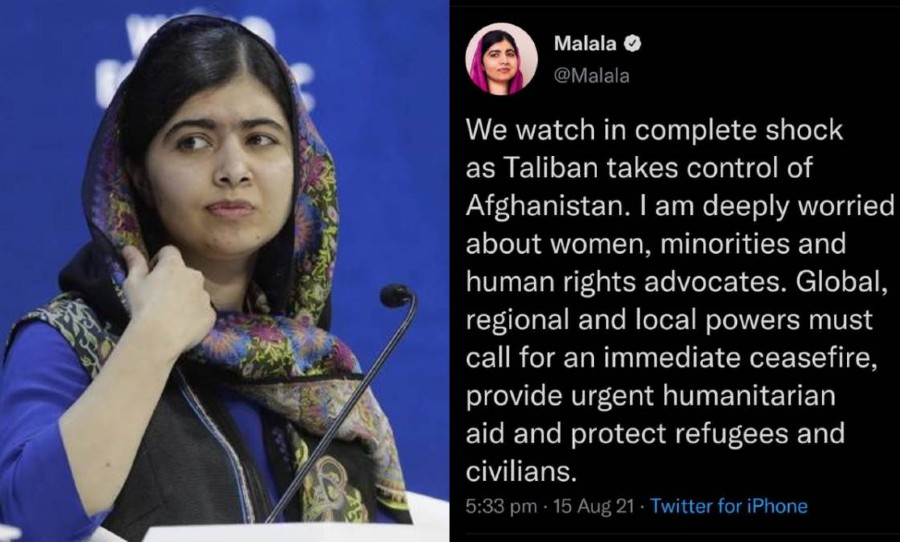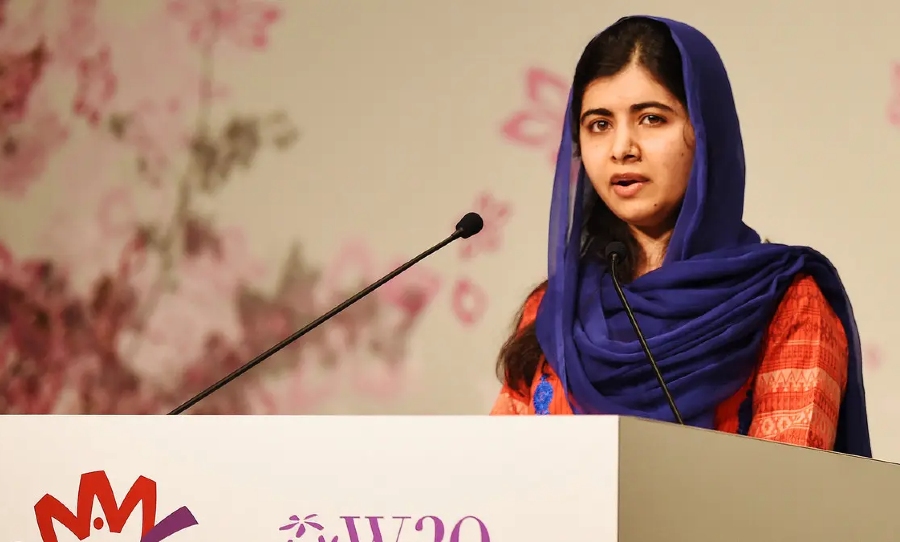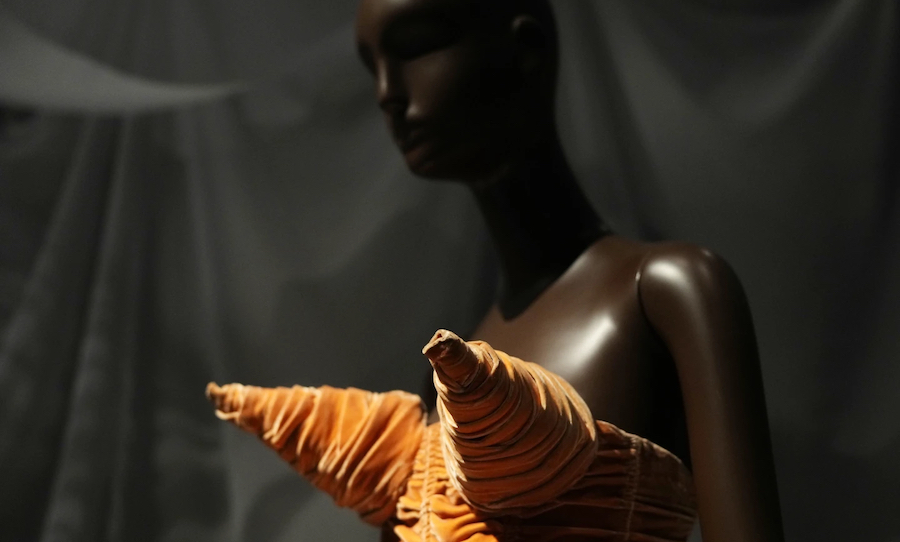Internationally recognised advocate to girls’ education, Malala Yousafzai, says: “I fear for my Afghan sisters” in response to the Taliban takeover.
The long-time education advocate Malala Yousafzai survived a Pakistani Taliban assassination attempt when she was 15 years old by being shot in the head by militants in rural northwest Pakistan.
Now 24 years old, a Nobel Prize awardee and Oxford graduate, Yousafzai says: “We cannot continue to fail them. We have no time to spare,” in an op-ed published in The New York Times in the wake of Afghanistan’s current political climate.

“We will have time to debate what went wrong in the war in Afghanistan, but in this critical moment we must listen to the voices of Afghan women and girls. They are asking for protection, for education, for the freedom and the future they were promised,” Yousafzai wrote.
The extremists have shown what frightens them most – a girl with a book.
Malala YousafzaiPortrait by Michael Volpicelli pic.twitter.com/QqLeCWHr46
— natahalie núñez (@yubarta69) August 17, 2021
As Afghanistan’s president Ashraf Ghani fled on Sunday to the U.A.E with his family, the Taliban instantly took control starting in Kabul with no opposition.
Ten days later, major cities around the country have been overtaken after two decades of war that robbed hundreds of thousands of lives.
While this takeover is life-threatening and horrific for Afghans, it is particularly nightmarish for girls and women.
In the pariah regime led by the Taliban from 1996 to 2001, girls could not go to school, women were barred from working jobs that would expose them to contact with men, unmarried women weren’t to be seen with men and people were stoned to death.
The current takeover has reignited fears of renewed oppression and what affect this will have on women and girls.
“I cannot help but be grateful for my life now,” wrote Yousafzai.
“After graduating from college last year and starting to carve out my own career path, I cannot imagine losing it all – going back to a life defined for me by men with guns.”
“Afghan girls and young women are once again where I have been – in despair over the thought that they might never be allowed to see a classroom or hold a book again,” Yousafzai went on.
A Taliban spokesperson recently claimed that militants would not make the full burqa compulsory, and have dismissed concerns that women will again to barred from receiving an education – though the world remaisn skeptical.
Afghan politician, Suhail Shaheen has said that education is accessible for primary school to higher education, meaning university:
“We have announced this policy at international conferences, the Moscow conference and here at the Doha conference (on Afghanistan),” he said.
Yousafzai has expressed skepticism at this claim and wrote:
“Given the Taliban’s history of violently suppressing women’s rights, Afghan women’s fears are real.
Already, we are hearing reports of female students being turned away from their universities, female workers from their offices.”
Nobel Peace Prize laureate Malala Yousafzai says she is “deeply concerned about the situation in Afghanistan right now, especially about the safety of women and girls there.” https://t.co/xv8tHA1Uz8 pic.twitter.com/TSQL3QOhcP
— ABC News (@ABC) August 17, 2021



